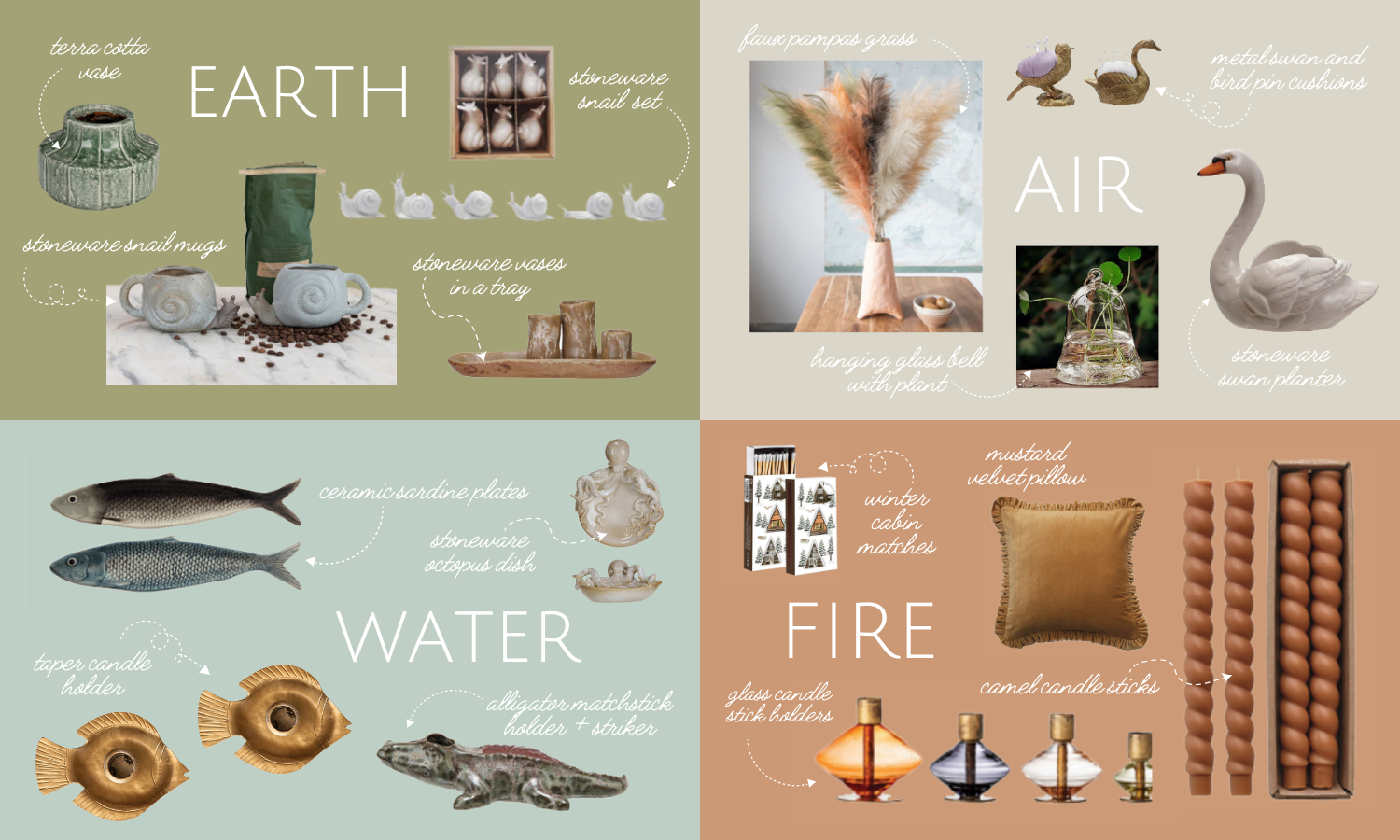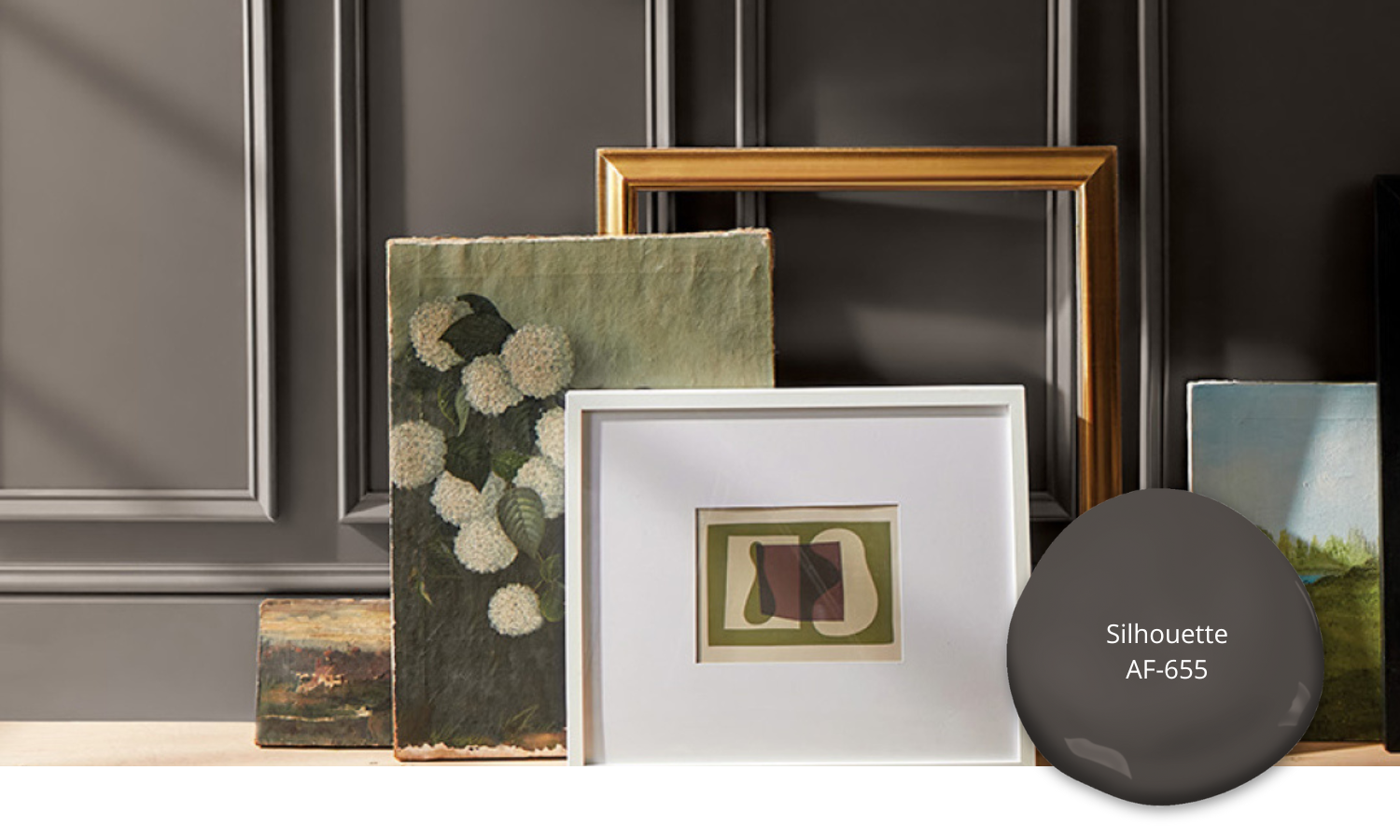
With the threat of environmental crisis looming, there has been a collected attempt across industries to highlight the importance of collective action against climate change going forward. As members of an industry rooted in design, we feel a particularly potent compulsion to render the gifts that the earth provides us visible, as we gain the majority of our inspiration, materials, and colour palettes from the greatest designer: Mother Nature herself. One of the best ways to foster a better relationship with our planet is to slow down and take the time to marvel at our remarkable world. With the esteem and respect that this proximity encourages for our natural world, we might begin to take better care of our home. We took a lesson from some of the most patient and appreciative people in the farming industry, who depend every day upon nature’s provisions to prosper. With dramatic declines in bee populations in recent years, no one knows better than beekeepers the absolute imperative that is saving our planet.
For third generation apiarist, Phil Veldhuis, beekeeping is a family affair. The roots of his business date back to 1917, when his grandmother began beekeeping and became a founding member of Manitoba Cooperative Honey Producers. Phil became a member in 1991, where he served a term as Chairman and several stints as Director. Phil’s apiary is nestled against the banks of the La Salle River near Starbuck, where it has been producing top-quality honey for Canadians from coast to coast for many generations, and hopefully many more.
After nearly three decades in the industry, Veldhuis is still enamored with his work and the connectivity it fosters amongst his family and his community. “It’s very much a father-and-son thing” Phil recounts of his Saturday ritual of selling his honey at the St. Norbert’s Famer’s Market, where he was amongst the first of the market’s local business to set up vendor stalls. “When things slow down, Timmy will get out his fiddle and do some busking next to the table. The fiddle music is how many people find us in the market.” It seems that much of Phil’s life philosophy seems to be learned from the Bees, who have mastered teamwork and understand the importance of hard work in generating quality outcomes.
It’s a job that requires tremendous patience and an immense appreciation for the natural world, but Phil seems to take it all in stride, sharing “the days are long and warm. You sit in the yard while you’re working in the sun shining on your back, the birds singing and the trees blooming. It’s very pleasant.” The majority of the crop is canola honey, but they also produce buckwheat, sunflower, and alfalfa and clover varieties. Veldhuis and his wife, Vona Guiler, and their two children, Timmy and Jayna, run a 1000-hive operation which yields approximately 250 barrels of pure Canadian honey, each weighing in at about 600 pounds each—no small feat in a world increasingly being overwhelmed by mechanical and synthetic production. In fact, Phil’s honey is sold under the label of Bee Maid Honey, the only packager that boasts the title of 100% pure Canadian honey. With dwindling population numbers, sustainable practices like that of Phil’s farm are placed at a premium, particularly for environmentally and health-conscious buyers. Phil’s commitment to environmentally friendly business practices is evident: “Sustainability is important, not only because consumers expect it, but because I have kids and hopefully someday, grandkids; plus I am the grandchild of someone who farmed and looked after things well. To contemplate this coming to an end because of avoidable mistakes you made seems pretty unacceptable to me,” he explains.

Beyond a deep reverence for the environment and the remarkable little producers of his product, Phil shares his own personal standards of integrity are “reinforced by the expectations of [his] customers.” Elaborating on this welcomed pressure, Phil says “when a mom of three wants your word that your food is safe and healthy to feed her family, it forces you to take what you do very seriously.” This sense of commitment to the quality of his product has clearly been passed down through the generations, with their family being selected as 2014’s Farm Family of the Year by the Red River Ex Association, a testament to their superior product and process.
With dwindling population sizes and widespread panic over losing one of nature’s most sophisticated insects, Phil reflects on the significant challenges that lie ahead: “As bee populations shrink, there will be more tendency for beekeepers to focus on professionally pollinating rather than producing honey. This could mean that good quality honey will someday be priced as a luxury item instead of a staple. It will be more like caviar than peanut butter,” adding, “It’s a doomsday scenario to think that there will be no honey in the future, but it is conceivable that there won’t be as much of it available.” The numerous threats posed to the bee population are scary in more ways than one: not only would it be a tragedy for our taste-buds to see Canada’s honey supply slip into obscurity, but the diminishing bee population would also cause potentially devastating effects for the ecosystems that rely on the Honey Bee as an essential part of their food chain.
Phil and his family are a prime example of how respect for nature stems from a proximity to it. When we spend time immersed with the wonders of the natural world, we cannot help but develop a deep sense of reverence for the rhythms of the earth and all that it provides for us. In an effort to celebrate these remarkable creatures that support so much of human, animal, and plant life, we’re carrying wallpaper and Abbott décor items with designs inspired by the wildlife that brings us nature’s sweetest treat!

VIEW PRODUCTS
Leave a comment (all fields required)
Comments will be approved before showing up.



